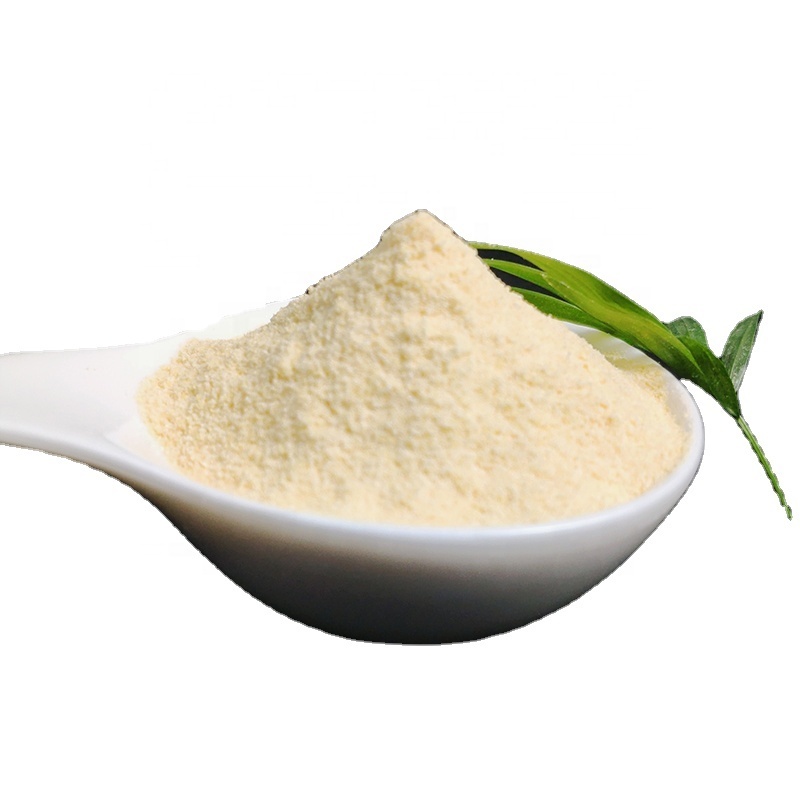-
Categories
-
Pharmaceutical Intermediates
-
Active Pharmaceutical Ingredients
-
Food Additives
- Industrial Coatings
- Agrochemicals
- Dyes and Pigments
- Surfactant
- Flavors and Fragrances
- Chemical Reagents
- Catalyst and Auxiliary
- Natural Products
- Inorganic Chemistry
-
Organic Chemistry
-
Biochemical Engineering
- Analytical Chemistry
-
Cosmetic Ingredient
- Water Treatment Chemical
-
Pharmaceutical Intermediates
Promotion
ECHEMI Mall
Wholesale
Weekly Price
Exhibition
News
-
Trade Service
In the face of the Russian-Ukrainian dispute, Europe and the United States try to avoid directly touching the Russian energy export sector so as not to cause prices to soar, but today's changes in events have caused oil prices to soar
.
On Monday, March 7, Brent crude oil prices rose 18% at one point to $
139.
13.
In addition, S&P 500 and Nasdaq futures fell more than 1%.
Spot gold stood above the $1990 mark, and palladium prices also hit all-time highs
.
The EURCHF fell below parity levels for the first time
since 2015.
The main reason for the huge changes in the global market is still in the field of
crude oil.
Now the European and American sides have released voices that they may have to attack Russian oil
.
According to NBC, U.
S.
Secretary of State Antony Blinken said in an interview that the United States and European allies are engaged in "very positive discussions"
about banning oil imports from Russia.
Asked if the United States has ruled out a unilateral ban on Russian oil imports, Blinken said:
Whatever they do, I don't rule out acting
in a certain way.
But everything we do is in coordination with our allies and partners
.
In this regard, Reuters quoted people familiar with the matter as revealing that Europe originally relied on Russia for crude oil and natural gas, but in the past 24 hours, it began to consider an embargo on Russian energy products
.
And according to the Financial Times, a senior French official said that further sanctions were being studied by European and "other" partners, but did not elaborate on the progress of
the discussions.
Regarding the possible embargo, the Financial Times analyzed that if the Western countries imposed an embargo on Russian oil, it would show that their attitude towards the Russian-Ukrainian crisis has taken a big step forward and may have a serious impact on
the global economy.
It also marks a shift in the White House's attitude, as it has previously rejected bipartisan calls to ban Russian oil imports, arguing that the embargo would affect global crude oil supplies and raise prices
.
But while referring to the embargo, Blinken also stressed the importance of keeping global oil supplies stable, saying:
We are now having very active discussions with our European partners about banning the import of Russian oil into our country, while of course maintaining a stable global oil supply
.
According to the U.
S.
Energy Information Administration, Russia is the world's third-largest oil producer, providing 10 percent of the world's oil supply
last year.
Relevant oil traders believe that once the outside world begins to worry about the impact of the Russian oil embargo, it may cause a war
for crude oil.
In this case, Europe and the United States may be in a dilemma
.
For the United States, on the one hand, it is necessary to impose sanctions on Russia through an oil embargo, but the resulting surge in crude oil prices will put US President Biden in a difficult situation
.
Inflation expectations from high energy costs have made Democrats more vulnerable
in the face of November's midterm elections.
At the same time, for European allies, which are already dependent on energy imports, the pressure will also increase
.







